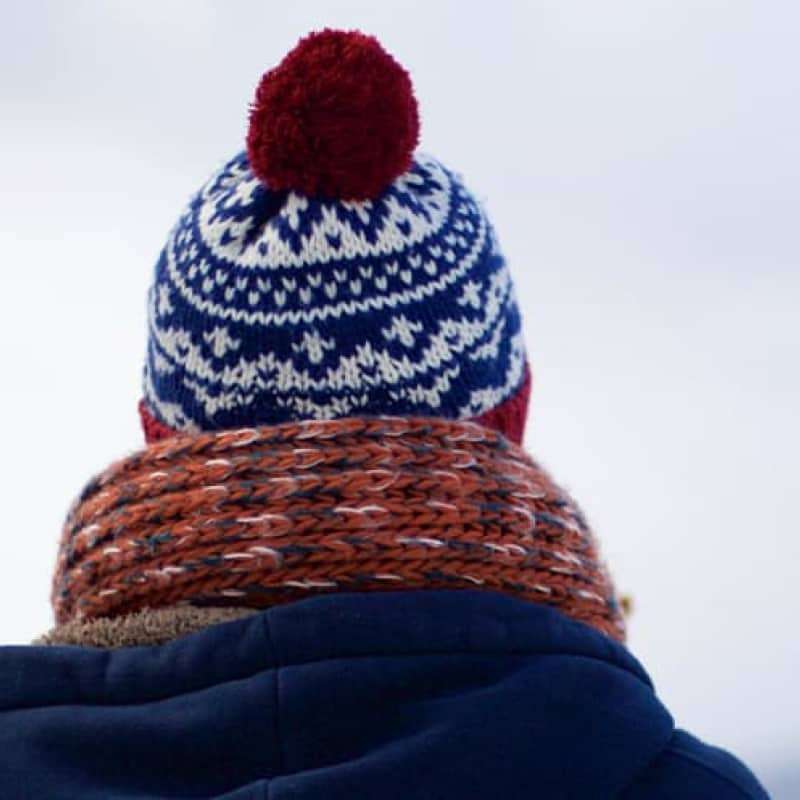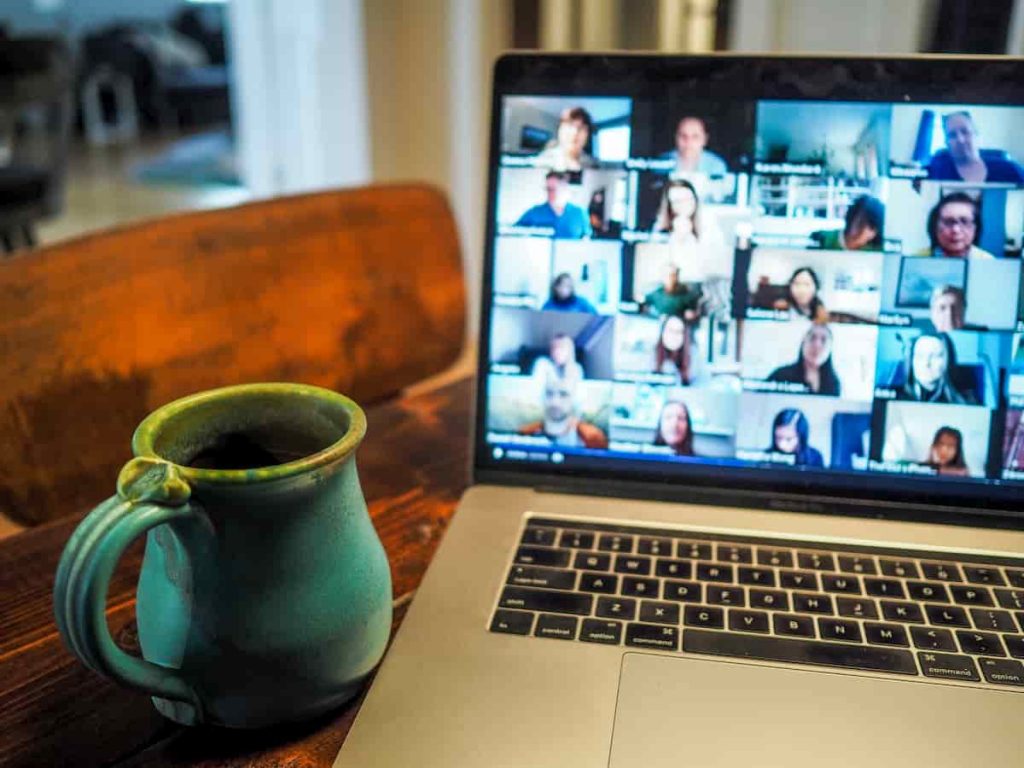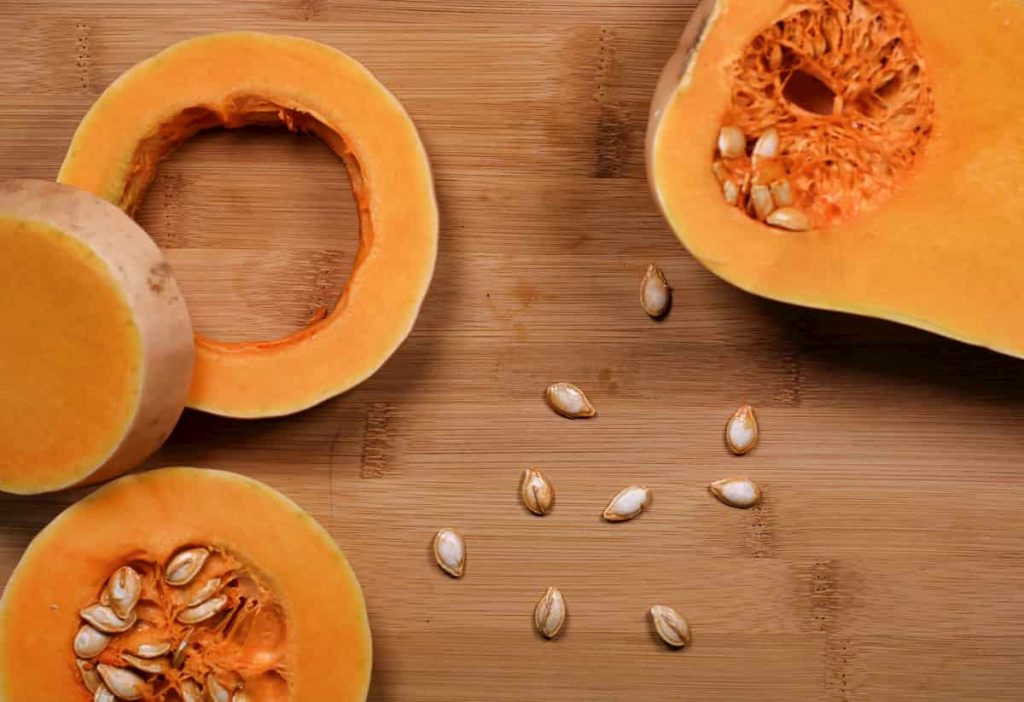
DISCLAIMER: Rules, regulations, and science about the UK pandemic may have changed since this article was written in October 2020, for updated news visit the World Health Organisation or the NHS website.
Keep Up Social Distancing
We’ve spent the majority of this year under pandemic restrictions, and by this point most of us have pretty good intuition when it comes to distancing. But here’s a reminder: when interacting with people from outside of your household or support bubble, keep at least 2 metres apart (this is about 3 steps). In situations when that 2m ideal isn’t feasible, precautions such as face masks can help keep us safer within that zone.
It’s all the more important to keep distancing in mind as we enter the season of festivities such as Halloween and Christmas. Remember to celebrate safely! Halloween should be spooky, not deadly, and the Christmas spirit of giving does not include infecting others this winter. If you can follow the restrictions now, it decreases the chances we’ll need continuing restrictions or lockdowns next year.
Wash Your Hands!
You should have been washing your hands regularly before the pandemic, but now you have no excuse. Hand washing is essential for reducing infection, and you should be doing it thoroughly and frequently. If you’re still unsure how best to keep your hands hygienic, make sure to follow our 5 steps to hand washing. Hot soapy water still does the trick.

Plenty of shops and bars are offering a squirt of hand sanitiser at the door, but for reliability you can’t beat having your own on the go. Make sure you’re using an anti bacterial hand gel if you really want to kill any microscopic nasties, whether in gel or spray form.
Wear Your Mask
What do we tend to associate with winter, more than any other time of the year? Coming down with a cold or flu, and the resulting coughs, sneezing, sniffles and crumpled tissues. In past years, seasonal illness like this was viewed by most people as an unpleasant but inevitable experience of the colder months. But now, symptoms such as these can represent something far more sinister, and so we need protection against them. The solution: face masks, whether homemade or surgical type.
Coronavirus is frequently transmitted via droplets of infected liquid, and so anything which can catch, contain and avoid that transmission is essential for public health. That’s why wearing a face mask in most public spaces has become mandatory in the UK. It’s particularly important during winter months, as viruses and bacteria tend to do better in colder weather, as well as a lack of sun increasing the time viruses can remain infectious on surfaces [1].
Care For Your Skin
Many people find their skin suffering in winter months, with the cold and low humidity having a de-moisturising effect. This year has been particularly difficult for some, with reports of acne in quarantine caused by factors such as stress and in particular, masks. In fact, acne encouraged by face masks has its own name now – maskne. Yes, it’s real!
By trapping in moisture and causing micro-tears, masks can potentially contribute to outbreaks of acne. Not wearing masks clearly isn’t an option, but mask hygiene can make a big difference. Try changing masks regularly, washing your face between wearing sessions, and applying light moisturiser and gentle exfoliator to the affected area. Of course, if a change of habits doesn’t quite cut it, there is always effective acne treatment available, from gels like Acnecide to capsules such as Lymecycline.
Stay Connected
Humans are social animals. We all need that support network of friends, family and colleagues to keep us going. But the pandemic has put us in a strange predicament. We want to connect with those close to us, but must keep a distance in order to keep them safe. It’s not an easy balance to strike. Thankfully, we still have the ability to stay connected during these tough times.

Depending on the level of lockdown you’re currently undergoing, your capacity to meet people in person varies. On the lowest level of restrictions, you’re free to get together in gatherings of six indoors or outdoors. So feel free to grab a drink or go for a walk in the park with friends and family, providing you’re taking the necessary safety precautions.
However, if you live in an area of higher alert, make sure to use the power of technology to stay in touch. Whether via phone call, video call, text or social media, make sure to support those around you during times of isolation. It’s so important for mental health, particularly over the darker winter months.
Check In
Downloading the free NHS COVID-19 app is an easy way to stay informed. It allows you to check-in when visiting venues, keeps track of the level of virus risk in your area, and lets you know if you’ve been at risk of infection from other app users who have tested positive for coronavirus [2].
Checking in and staying informed isn’t just helpful for you, but your entire community.
Try These Superfoods
‘You are what you eat’ may be a saying with some truth to it, since we’re discovering more and more about how our gut affects our wellbeing. If you’re looking to find some superfoods which help your body fight off infection, there are plenty to try that can even be included in a vegan diet.
• Red peppers and citrus fruits for Vitamin C.
• Carrots, sweet potatoes and butternut squash for Vitamin A.
• Beef, shellfish, chickpeas & lentils for Zinc.
• Almonds, peanuts and sunflower seeds for Vitamin E.

Boost Your Vitamin D
We absorb most of our Vitamin D via sunlight, so it’s not uncommon to have a deficit during the winter months. This deficiency can be a real source of trouble, though. Vitamin D is an essential vitamin for regulating calcium and phosphate in the body, helping to keep our teeth, muscles and bones healthy. Not only this, but there is potential evidence that Vitamin D supplementation can help prevent respiratory tract infections [3].
Supplements are one thing, but we can also get some Vitamin D from our diet. Admittedly, not many foods contain it. But try including the few that do, when you can. Examples include:
• Oily fish such as salmon, tuna and sardines.
• Egg yolks.
• UV treated mushrooms.
• Fortified cereals.
SAD Awareness
Talking of health conditions that can be caused by a lack of sun, let’s take a look at the aptly named SAD (Seasonal Affective Disorder), a condition most commonly experienced during the wintertime.
You may have heard of the ‘winter blues’, but it’s not just a turn of phrase. SAD tends to present as a consistent low mood or depression during a particular season, in most cases during autumn and winter when the days get shorter and the weather gets worse. It could be caused by low sunlight disrupting the working order of our hypothalamus, a part of our brain that helps control our mood, sleep patterns, and appetite.
SAD can really affect your quality of life during the winter, so it’s important to know that treatment is available. Options include sun exposure, regular exercise, therapy and counselling, the use of light boxes and in some cases antidepressants.
Seek The Treatment You Need
The combination of quarantine and the bad weather of the season could have us staying home, or at least local, most of the season. But that’s no reason to put off getting diagnosed or treated for any health concerns you have. Nowadays, healthcare is more accessible than ever, and it can all start from home.
If you’ve got any questions about your health, or need a prescription for a common condition, don’t hesitate – get help from a registered online pharmacy like e-Surgery.
Sources
- Coronavirus: How Bad Will Winter Really Be? | BBC News Health
- NHS COVID-19 | NHS
- Vitamin D Supplementation To Prevent Acute Respiratory Tract Infections: Systematic Review And Meta-analysis Of Individual Participant Data | The BMJ
Further Reading
- 5 tips to stay healthy this winter | Harvard Health
- Keeping well this winter | Age UK
- How to stay well in winter | NHS






